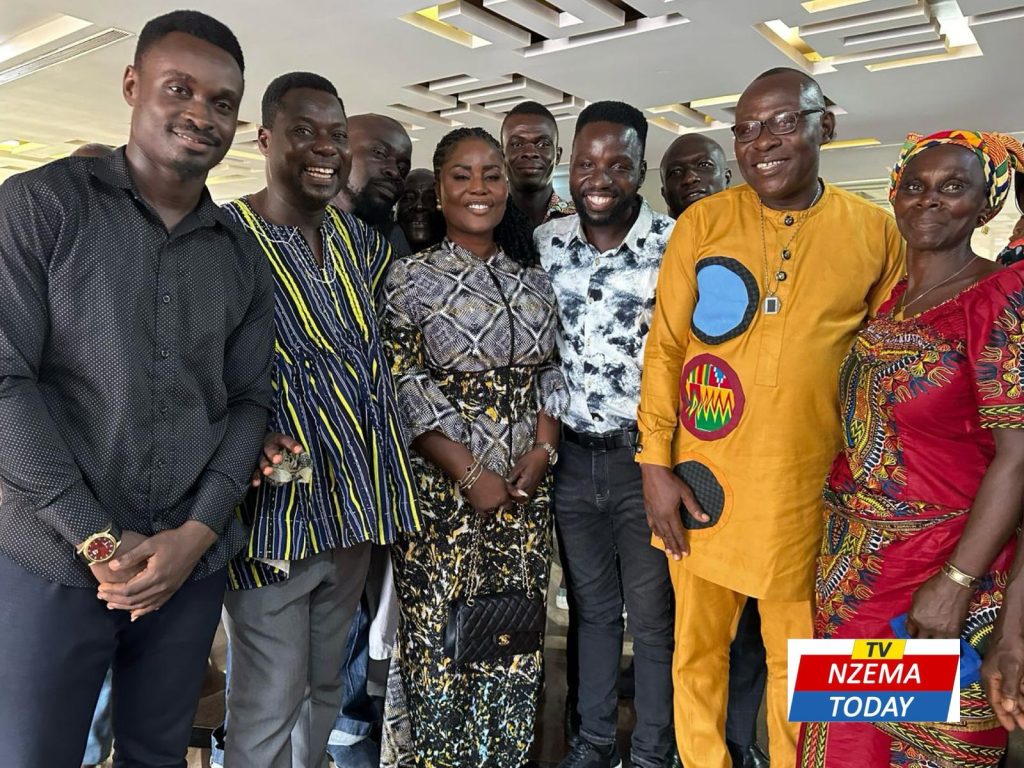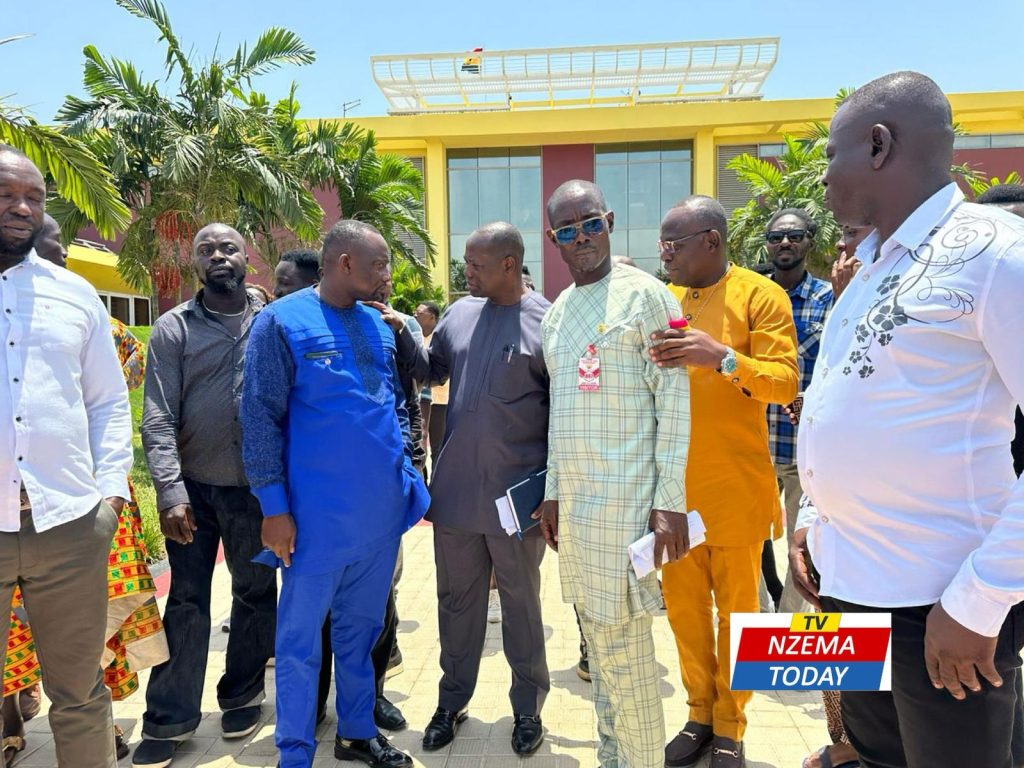
The concerned people of Nzema recently held a crucial meeting with the Government of Ghana to address key issues regarding the compulsory acquisition of 20,000 acres of land for the establishment of Ghana’s Petroleum Hub. Though President John Dramani Mahama was unable to attend due to an unforeseen trip to Sierra Leone, he delegated his Chief of Staff, Julius Debrah, to represent him.
Coalition of Concern Nzema People Demand Fair Consultation and Assessment
At the heart of the discussion was the compulsory acquisition of land in the Jomoro municipality for the ambitious Petroleum Hub project. The Coalition of Concern Nzema People, comprising chiefs, farmers, and landowners, called on the government to halt the acquisition process and initiate proper consultations with all stakeholders. They emphasized that such a large-scale project should not be undertaken without thorough community engagement and fair negotiations.
The coalition also raised concerns over the 20,000 acres earmarked for the project, asserting that, based on an expert consultation with an engineer, only 7,000 acres were required to establish the hub. As a result, they requested an independent investigation into the necessity of the full 20,000 acres and called for a comprehensive assessment to determine whether the benefits of the project outweigh its potential adverse effects on the people of Nzema.
Demands for Local Development and Representation
Another key demand was that after the completion of the Petroleum Hub, 35% of its economic quota should be allocated to the development of Nzema land. The coalition stressed that the establishment of such a significant industrial facility must bring tangible benefits to the host communities, including improved infrastructure, job creation, and economic growth.
Furthermore, the Nzema representatives demanded rightful participation in the project’s governance. They called for adequate representation on the board responsible for running the hub, ensuring that their voices are heard in critical decision-making processes that directly impact their land and livelihood.
Government’s Assurances
In response, Chief of Staff Julius Debrah assured the Nzema delegation that the Minister for Lands and Natural Resources would establish a committee with representation from Nzema to investigate their concerns. This committee would conduct a detailed review and propose a solution that balances the interests of both the government and the people of Nzema.
Additionally, he confirmed that there would be a rescoping of the project to ensure that all concerns are addressed appropriately, emphasizing the government’s commitment to fairness and sustainable development.
Call for an Oil and Gas University and a Teaching Hospital
Beyond the immediate land acquisition issues, the Coalition of Concern Nzema People proposed two key projects to complement the Petroleum Hub: the establishment of an Oil and Gas University and a state-of-the-art teaching hospital. The university would focus on training Nzema youth in oil and gas management, equipping them with the skills needed to take up crucial roles in the sector. The teaching hospital, on the other hand, would provide medical solutions to potential health challenges arising from the hub’s operations, ensuring that Nzema residents receive quality healthcare.
The Petroleum Hub: A National Development Vision
The Petroleum Hub is a monumental project that aligns with Ghana’s broader vision of positioning itself as a leading energy trading hub in the West African sub-region. Officially launched by President Nana Akufo-Addo, the first phase of the hub has already commenced in Jomoro, Western Region.
The project includes refineries, petrochemical plants, storage facilities, and advanced port infrastructure. Its comprehensive development plan, covering 20,000 acres, will attract private-sector investment and enhance Ghana’s capacity in petroleum refining, storage, and distribution. Key facilities include three refineries, five petrochemical plants, 10 million cubic meters of storage, and a well-integrated logistics and security system.

A Testament to Nzema’s Strength and Unity
The Nzema people have demonstrated remarkable unity and commitment in advocating for their land and future. Their demands reflect a community that is not opposed to development but insists on fairness, transparency, and mutual benefits. The government’s response indicates a willingness to engage in constructive dialogue, ensuring that this historic project does not marginalize the very people whose land and resources are being utilized.
This meeting signifies a step in the right direction—one that, if handled well, will ensure that the Nzema people not only witness development but also actively participate in and benefit from it. The presence of dignitaries, including the MP for Jomoro Constituency, underscores the significance of the discussion and the widespread support for the cause.
As Ghana moves forward with the Petroleum Hub project, the concerns and aspirations of the Nzema people must remain at the forefront. A balanced approach will not only safeguard their heritage but also contribute to the sustainable growth of the nation’s oil and gas industry.
By: Gifty Yankey










